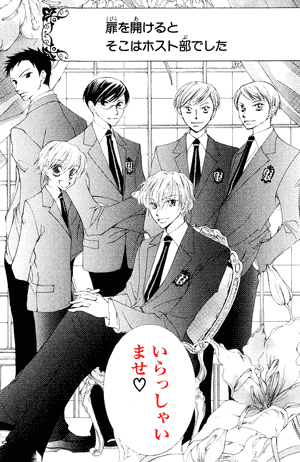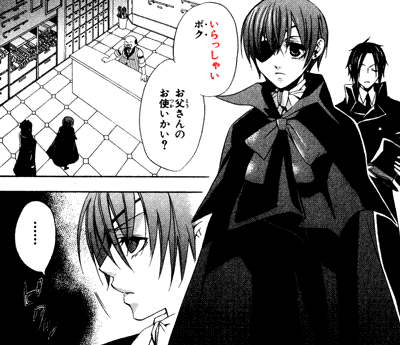In Japanese, irasshai いらっしゃい, meaning literally "come," is an expression used to welcome someone in a house or establishment. It's an abbreviation of irasshaimase いらっしゃいませ.
To welcome someone in a new place or group, youkoso ようこそ is used instead, and to welcome someone back home, okaeri おかえり is used instead.
Meaning
The word irasshai いらっしゃい comes from the verb irassharu いらっしゃる, which can mean "to go," "to come," and "to be."
Although irassharu is a godan verb, its polite ~masu ~ます form isn't irassharimasu but irasshaimasu いらっしゃいます due to i-onbin イ音便.
The meireikei 命令形, "imperative form," of irasshaimasu would be:
- irasshaimase
いらっしゃいませ
Come.
This verb is "honorific speech," sonkeigo 尊敬語, and the ren'youkei 連用形 without ~masu, ~mase, can be used as the imperative form.
- irasshai
いらっしゃい
Come.
Compare:
- kudasaru
くださる
[For someone of higher status] to give [something] to [someone of lower status like me]. - kudasaimasu
くださいます - kudasaimase
くださいませ
Give [it] to [me]. - kudasai
ください - kore φ kudasai
これください
Give this to [me].
Examples
For reference, some examples of usage:
- Context: the protagonist opens a door.
- {tobira wo akeru} to soko wa hosuto-bu deshita
扉を開けるとそこはホスト部でした
{[I] open the door}, and there was the host club. - irasshaimase ♥
いらっしゃいませ♥
Welcome ♥.
- Context: Ciel Phantomhive シエル・ファントムハイヴ enters a store.
- irasshai boku, otousan no otsukai kai?
いらっしゃいボク お父さんのお使いかい?
Welcome, boy, is [it] [your] father's errand? (literally.)- Are you here doing an errand for your father?
- bouten 傍点 - the dots on the furigana besides the word boku ボク, used to indicate emphasis, like bold text in English. In this case, the emphasis is due to Ciel taking offense on the word boku specifically.
- piku'
ピクッ
*twitch* (with irritation, in this case.)


No comments: